Investment data shows that the Chinese Communist Party's Belt and Road Initiative (BRI) has shifted from large-scale infrastructure projects to less capital-intensive sectors such as IT and biotechnology.
[People News] From the 1990s until the outbreak of COVID-19, the Chinese Communist Party (CCP) benefited greatly from global support in technology, information, and markets, especially from the olive branches extended by Europe and the U.S., which hoped the CCP would improve its human rights record. During this period, China’s economy surged dramatically. However, the CCP falsely credited this success to "the Party’s leadership and sound policies," deceiving the public, particularly within China. When former U.S. President Donald Trump raised tariffs on Chinese goods to 104%, it reportedly startled the CCP leadership into convening a high-level "secret meeting" involving all seven Politburo Standing Committee members. On April 8–9, the CCP unusually convened the "Central Peripheral Work Conference," with Xi Jinping personally presiding. All seven Standing Committee members and Vice President Han Zheng were present. The core purpose was to reset the Party’s U.S. strategy and explore ways to continue manipulating Western markets. After Trump increased tariffs on China to 125%, Bloomberg reported, citing unnamed sources, that the CCP leadership held another emergency, confidential meeting on April 10 to discuss possible responses. The meeting focused on stimulus measures for housing, consumer spending, and technological innovation. Financial regulatory agencies and other departments also planned meetings to stabilize China’s markets.
It’s clear now that Trump isn’t just challenging the CCP’s top seven leaders—he’s taking on the entire regime. The CCP knows that without support from the West, it’s finished. Its forceful rhetoric claiming to represent the Chinese people or nation and to "fight to the end" no longer works.
Initially, the CCP rejoiced upon seeing Trump impose tariffs on multiple countries, hoping the rest of the world would condemn the U.S. and rally together against it. However, 75 countries declined to retaliate against the U.S., and Trump offered tariff extensions or even exemptions to some, making China the lone target. The CCP’s scheme unraveled. For example, on April 10, Australia rejected Beijing’s proposal to jointly oppose the U.S. tariffs. Australian Deputy Prime Minister Richard Marles told Sky News that Australia would continue to diversify its trade and reduce dependence on China, saying, "We will not align with China (the CCP) in any global rivalry."
Moreover, Southeast Asian nations like Malaysia and Vietnam, recently praised by the CCP as “friendly neighbors,” “old friends,” and “partners in development”—also stated they would not retaliate against the U.S. but preferred to resolve trade issues through dialogue.
The CCP, of course, is unwilling to accept defeat. Xi Jinping is reportedly planning to visit Malaysia, Vietnam, and Cambodia next week to lobby for cooperation, investment, and “common development.”
According to reports from the South China Morning Post and other outlets, Xi is set to visit the three Southeast Asian nations. This year, Malaysia holds the rotating chair of ASEAN, and Xi is expected to stay in Malaysia for three days. Originally founded as an anti-communist bloc, ASEAN is now being portrayed by CCP media as a source of "friendship," "cooperation," and "development." Professor Xie Tian from the Aiken School of Business at the University of South Carolina said that the CCP hopes to open new markets in Southeast Asia to offset losses in U.S. trade and rally these nations to counter the U.S. "China’s foreign trade situation is increasingly severe," he said, "and in the UN and other international organizations, it does the same—co-opting developing nations to confront the U.S."
Canadian political commentator Gu Chunqiu added: “Many mainland Chinese manufacturers have moved or plan to move their factories to countries like Cambodia, Vietnam, and Malaysia. I believe exports to these three nations will surge. Xi Jinping wants to strengthen partnerships and alliances with them. The CCP even has a naval base in Cambodia. Xi’s overseas visit is not random—his ultimate goal is to counter the U.S. by using Trump’s global tariff pressure to incite global outrage against the U.S. administration.”
During Trump’s first presidency, Malaysia, Vietnam, and Cambodia were seen as possible transit points for Chinese exports to dodge tariffs. Trade with these countries became frequent. Now, to block this loophole, Trump has announced potential tariff increases on those countries as well, leaving them cautious and unwilling to act rashly.
South China Morning Post noted that this trip will be Xi’s first overseas visit this year. The CCP aims to strengthen relations with neighboring countries, but has been unusually secretive about the trip. At regular press briefings, the Ministry of Foreign Affairs repeatedly told reporters: “We have no information to provide.”
This secrecy likely indicates the trip is a last resort—something the CCP doesn’t want publicized prematurely. It must be carried out quietly and discreetly.
Commentator Gu Chunqiu noted that the CCP always seeks to project leadership in the region. However, Southeast Asian countries are well aware that any aid or sponsorship from China comes with strings attached. The Belt and Road Initiative, for example, often requires land or port collateral if countries can’t repay loans, effectively turning them into CCP colonies. Everyone sees that this trip is about Xi buckling under U.S. tariffs and trying to exploit neighboring countries. But alliances based on profit dissolve just as easily. Who would sincerely stand with the CCP?
François Godement, special advisor on Asia and U.S. affairs at the Montaigne Institute, stated: “Southeast Asia is a springboard for Chinese exports, accounting for more than one-third of their growth. Xi’s plan to deepen ties with ASEAN and neighboring countries signals his intention.” He continued, “U.S. isolationism and full-scale confrontation are weakening the CCP regime. Meanwhile, the CCP seeks to reshape the world order based on its values and interests. Xi wants to use the Regional Comprehensive Economic Partnership (RCEP) to merge deeper trade and investment ties with Southeast Asia and strike back at the U.S., but from a global perspective, this will inevitably fail.”

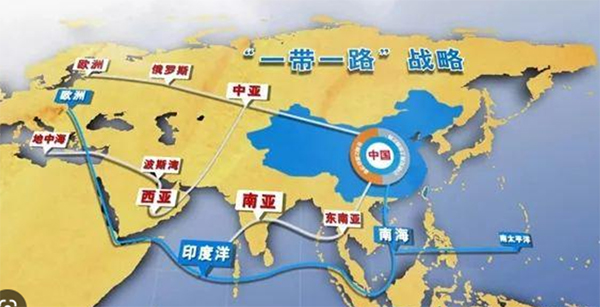
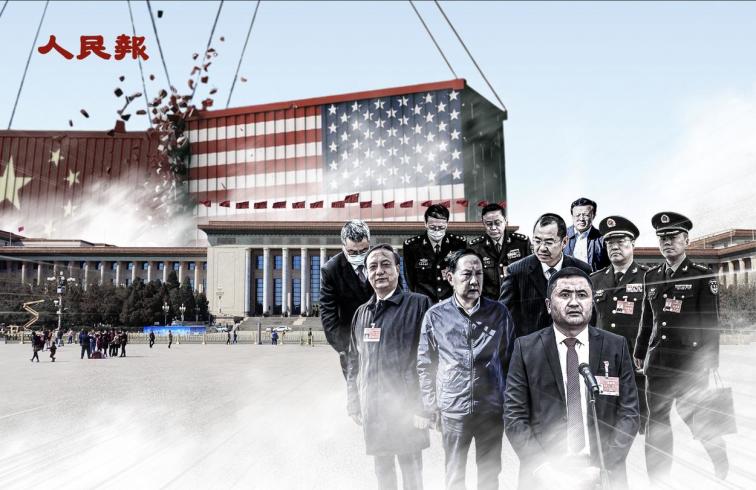
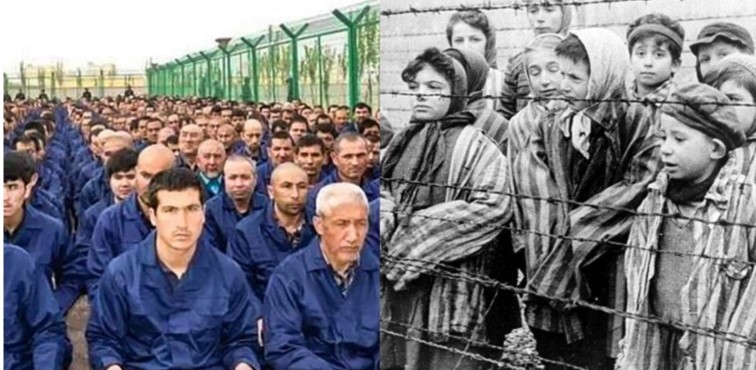

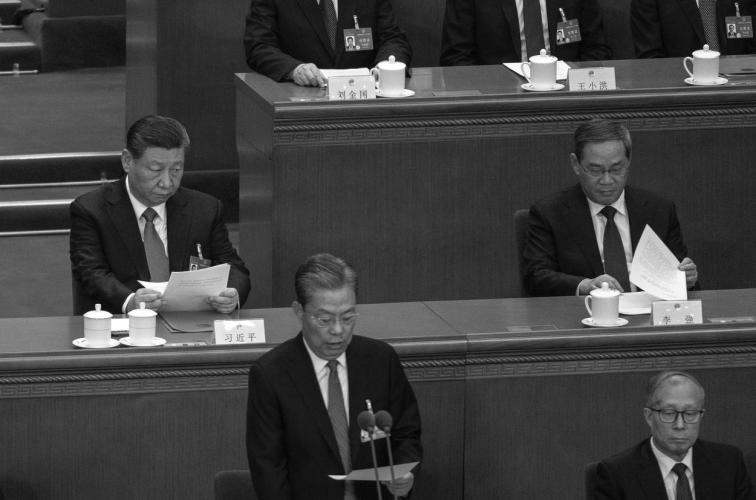
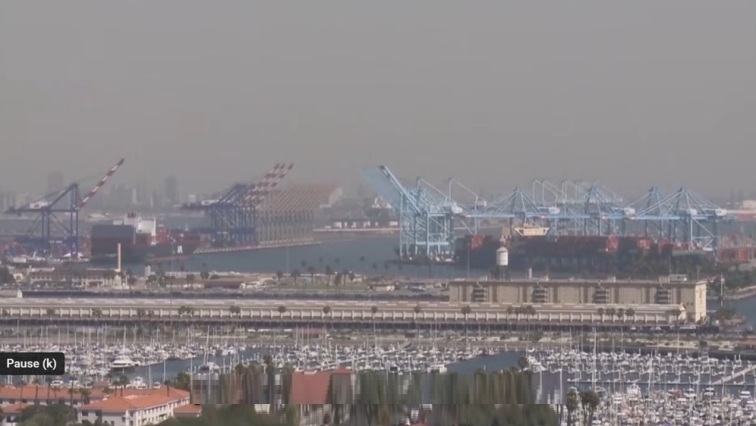
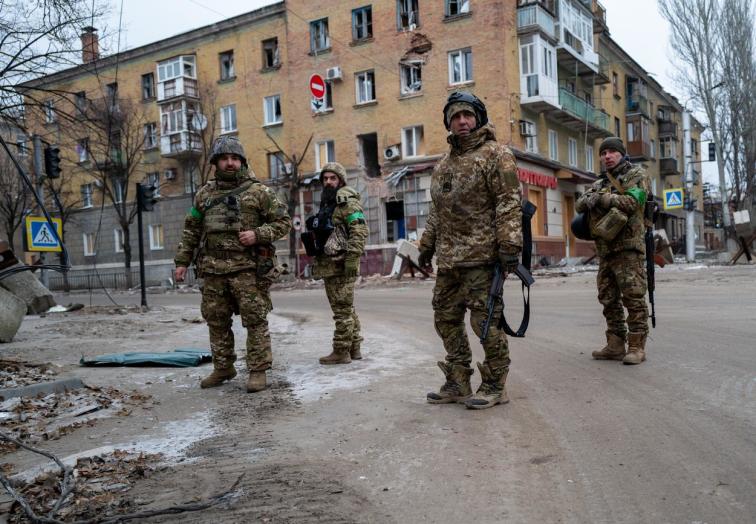

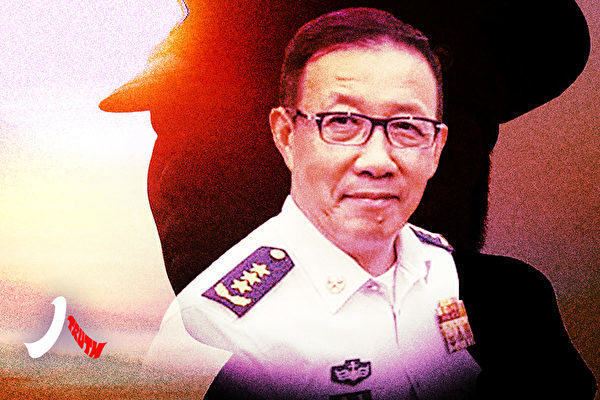

News magazine bootstrap themes!
I like this themes, fast loading and look profesional
Thank you Carlos!
You're welcome!
Please support me with give positive rating!
Yes Sure!